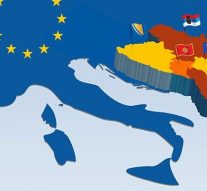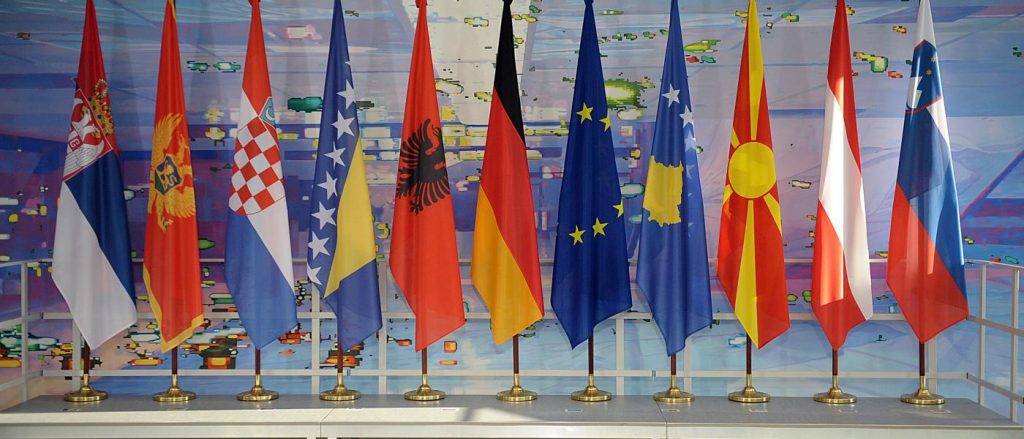
Strategy for the Western Balkans: Why is Economy Heavily Omitted?
Economy 12 February 2018The enlargement process of the so–called “Western Balkans club”, several countries that remained yet to become the full Member States of the European Union, has lasted for more than two decades. The first big step was the Thessaloniki summit, where the “European future” for the Balkan States was clearly promised. From that very moment, not many similar initiatives came into agenda. At one point, the EU enlargement process was barely taken into consideration, without even a commissioner in charge of enlargement issues. But now, that has significantly changed. At least declaratively.
A week ago, the European Commission has announced the long waited document which promises (again!) the common and prosperous European future for the Western Balkans. The title of the document sounds promising: “A credible enlargement perspective for and enhanced EU engagement with the Western Balkans”.
The Strategy begins as follows: in his 2017 State of the Union address, President of the European Commission Jean Claude Juncker re–affirmed the European future of the Western Balkan countries: “If we want more stability in our neighbourhood, then we must also maintain a credible enlargement perspective for the Western Balkans. It is clear that there will be no further enlargement during the mandate of this Commission and this Parliament. No candidate is ready. But thereafter the European Union will be greater than 27 in number. Accession candidates must give the rule of law, justice and fundamental rights utmost priority in the negotiations”.
The Strategy further emphasizes: “All the Western Balkan countries must now urgently redouble their efforts, address vital reforms and complete their political, economic and social transformation, bringing all stakeholders on board from across the political spectrum and from civil society. Joining the EU is far more than a technical process. It is a generational choice, based on fundamental values, which each country must embrace more actively, from their foreign and regional policies right down to what children are taught at school”.
And while the Strategy admits that “the Western Balkans region has significant economic potential”, it also imposes that the growth rates are higher than that of the EU. The region is an increasingly interesting market for EU goods and services and it is gradually becoming part of European value chains. The level of economic integration with the Union is already very high, due to the Stabilisation and Association Agreements. However, further efforts are needed to increase the competitiveness of the Western Balkan economies, to address high unemployment, especially among young people, to increase prosperity and to create business opportunities not least for local players. Stronger skills–based economies will also help to attenuate the brain drain that exists, turning it into brain circulation. The further modernization of the regional economies will in turn attract further EU private investment and increase demand for EU goods and services in the Western Balkans. The necessary structural reforms need to be underpinned by appropriate economic and fiscal policies.
However, one thing is accidentally omitted – stronger economic cooperation and development. Even though the word “economy” has been mentioned more than fifty times, it seems that economy and financial recovery for the Western Balkans, as the very important precondition for its development, has been forgotten. The key reason and casus foederis of the creation of the European integration idea was led through the development of the economic sector and mutual economy. The same recipe should and must be the key highlight for the Balkans’ case.



